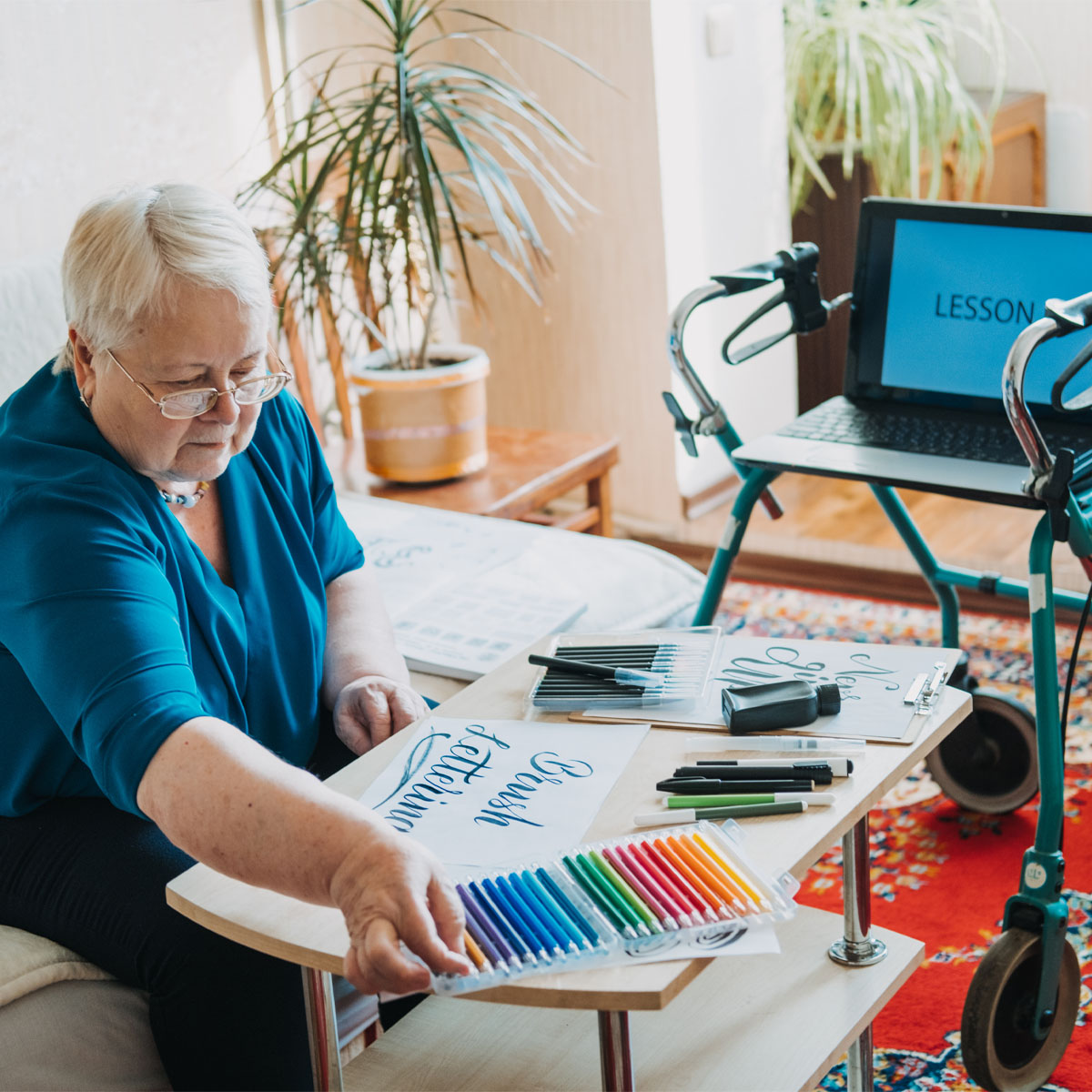
Selecting the Right Durable Medical Equipment
You may also have had an experience where something you used as an initial support was discarded when you found something better. Knee rollers can be better than a set of crutches, a tub bench is much easier for transferring than a clamp-on rail.
The point is, your ability to choose the equipment right for you will come with an understanding of what needs you are compensating for and your familiarity with the class of products which can help, and the various price and quality factors which guide your decision making.
Very often your doctor, or a member of their team, will recommend or provide products (like a walking boot) after you have experienced an injury. Don’t be afraid to ask questions and be clear about your day-to-day needs to see if any alternatives exist which might be more useful, more functional or cheaper.
Factors, which can inform the choice of DME include:
- Knowledge of the skills and tasks the equipment will support
- If equipment can be adjusted for height and weight
- Ease of assembly of equipment
- Skills needed to operate the equipment. For instance, something which compensates for walking may not be useful if the individual does not have grip strength to operate it
- How long the equipment can be used for until it is no longer useful (e.g. masks)
- Potential dangers within classes of equipment. For instance, a ‘rollator’ may not be the correct choice for someone with balance issues. A traditional walker with basket is more appropriate
- How the equipment will fit and be stored in the home



